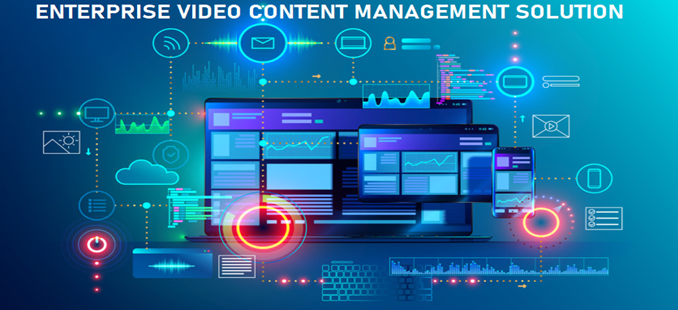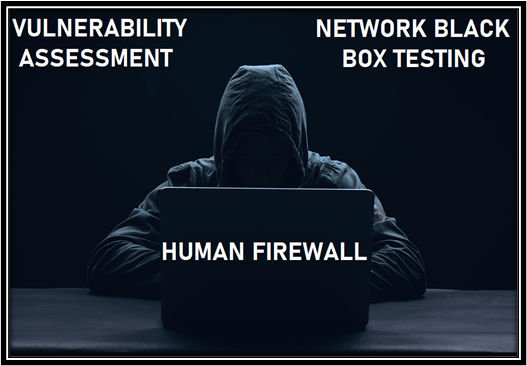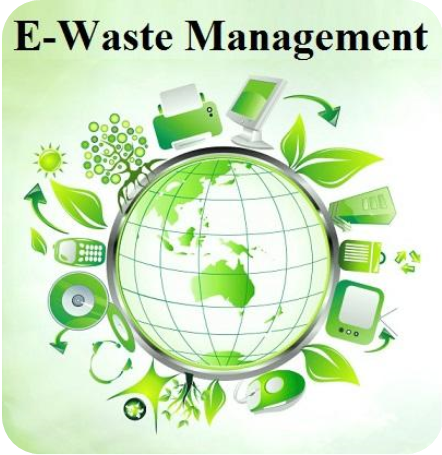Employee Productivity Monitoring
Even before Covid-19 sent an unprecedented number of people to work from home, employers were ramping up their efforts to monitor employee productivity. A 2018 Gartner report revealed that of 239 large corporations, 50% were monitoring the content of employee emails and social media accounts, along with who they met with and how they utilized their workspaces. A year later an Accenture survey of C-suite executives reported that 62% of their organizations were leveraging new tools to collect data on their employees.
These statistics were gathered before the coronavirus pandemic, which has made working from home a necessity for thousands of companies. With that transition having happened so rapidly, employers are left wondering how much work is actually going on. The fear of productivity losses, mingling with the horror of massively declining revenues, has encouraged many leaders to ramp up their employee monitoring efforts.
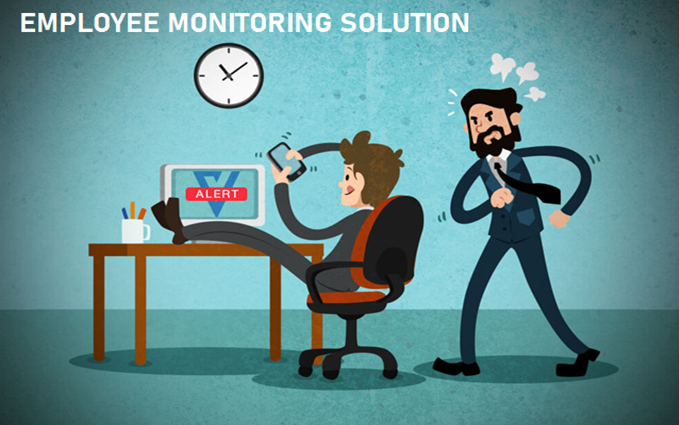
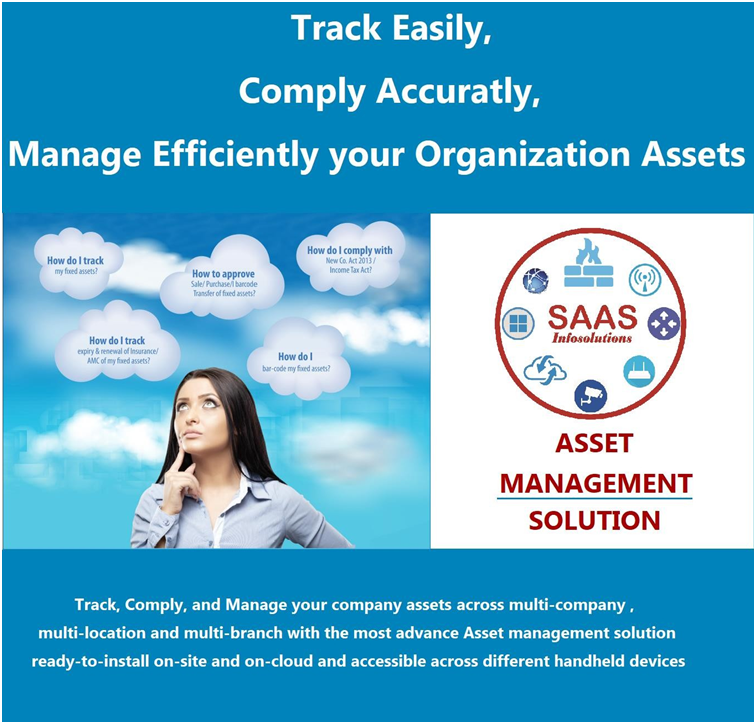
Asset Management
Keeping a track of business assets is important for every organization.
Record of assets is required for regulatory compliance purposes. Moreover, accurate records of physical and digital assets also help in efficient resource planning.
Gone are the days when organizations used to keep manual asset management registers. Today different types of asset management solutions are available and they in turn save time and improve the efficiency in keeping a record of the company’s assets.
The next-gen Asset Management Solution provides users with an easy-to-use interface thereby enabling users to maintain and control end-to-end asset lifecycle for both depreciating and non-depreciating assets, right from creation to depreciation, to revaluation and disposal.
It supports extensive asset management, including maintenance schedules and insurance, while providing tight accounting integration so that the fixed asset information of the users is always presented accurately on the financial statements.
DESK BOOKING SOLUTION
Space management helps the organization manages its physical space inventory, which includes tracking, control, supervision and utilization planning of the space available. It must be noted that office space planning is an essential aspect of space management, which further ensures that an organization is using its office space at its best.
Whether it is a business enterprise, retail chain, industrial factory, financial institution, an education hub, or even a government facility, every organization relies upon its physical space to support its core functioning and smooth workflow. Knowing the importance of space management, though organizations manage their space one way or another but sometimes it might end-up in a mess.
Technology comes as a savior for such practices. Expert facility management always includes an advanced space management software solution for managing their organization’s infrastructure space.
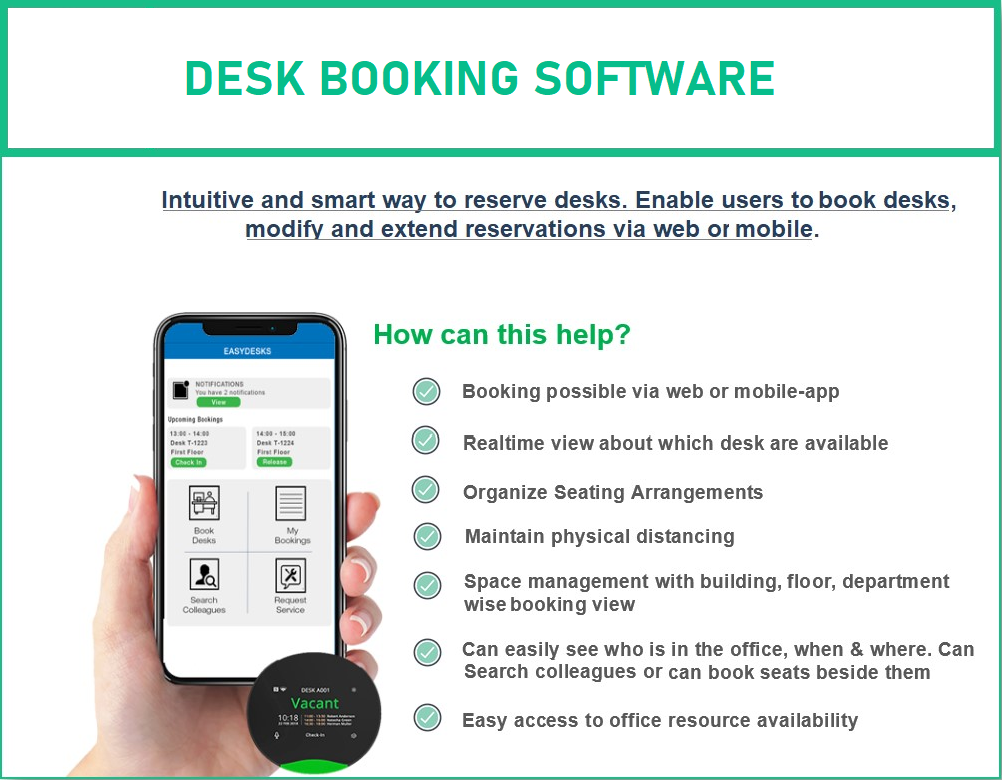
DOCUMENT DIGITALIZATION SERVICES


